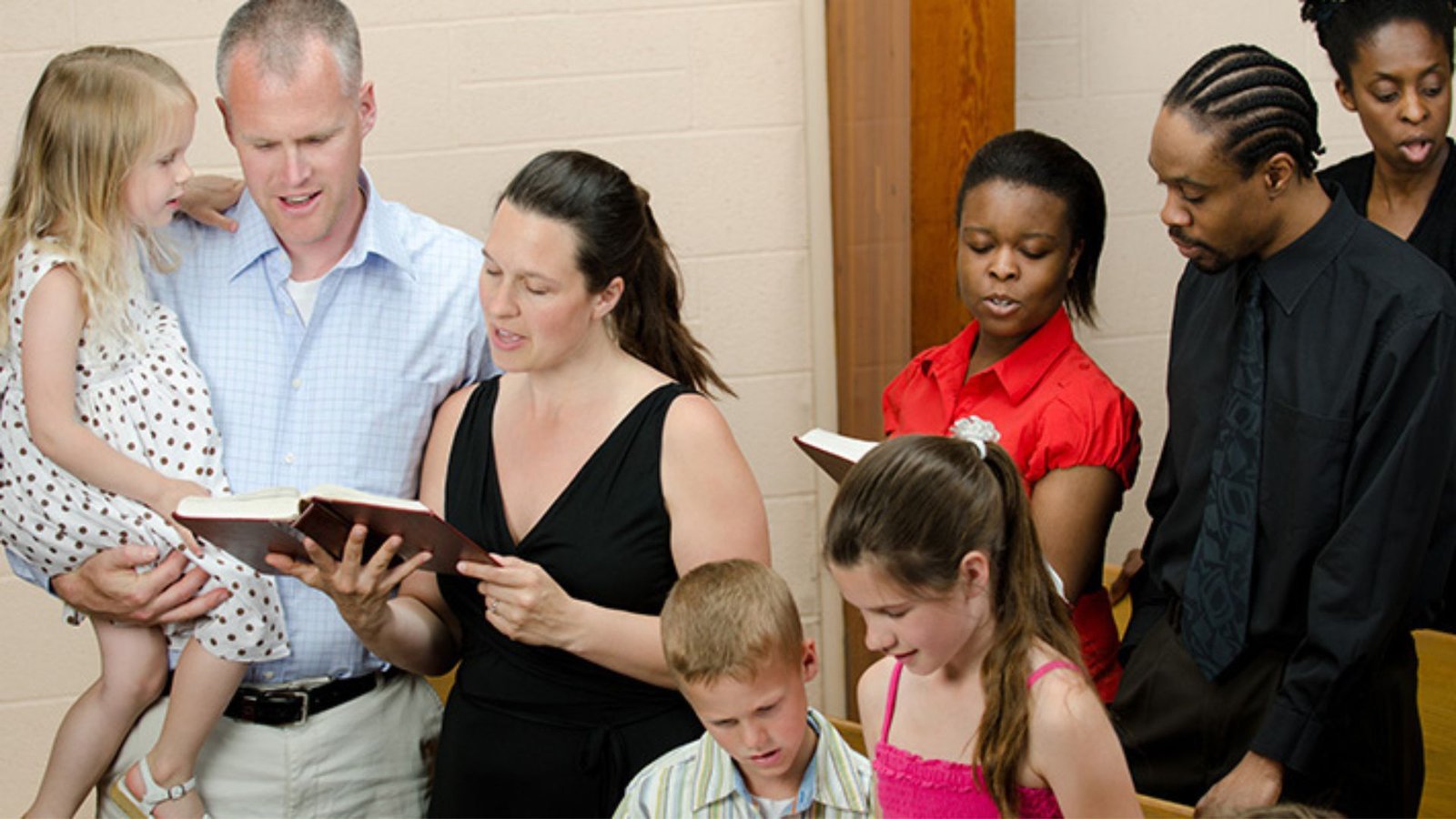Non-denominational churches play a significant role in community outreach. These churches often focus on making a positive impact without being tied to a specific denomination. This flexibility allows them to connect with people from all walks of life. Let’s explore how non-denominational churches engage in community outreach and why it matters.

How Non-Denominational Churches Impact Their Communities
Non-denominational churches are known for their inclusive approach. Because they do not follow a single denomination’s rules, they can adapt their outreach efforts to meet the needs of their local community. For instance, they may offer food drives, free clinics, or after-school programs. All these activities are aimed at supporting those who need help. By doing this, non-denominational churches provide valuable services and build strong community ties.
Furthermore, their outreach efforts often address immediate needs. For example, in times of natural disasters, these churches are quick to offer aid. They may set up shelters or distribute supplies. This flexibility and readiness make them a reliable source of support when emergencies arise. As a result, the community benefits greatly from their proactive approach.
The Benefits of Non-Denominational Church Outreach
The benefits of non-denominational church outreach are clear. First, these churches often bring together people from diverse backgrounds. This diversity enriches their outreach programs, making them more effective. For instance, a non-denominational church may work with local businesses and other organizations to offer a wide range of services. By collaborating with various groups, they can address a broader set of needs.
Additionally, non-denominational churches are often more focused on practical help rather than religious conversion. This means their outreach efforts are purely about providing assistance. Consequently, people who may not be interested in religious activities still feel welcomed and supported. This approach fosters a sense of community and belonging.
Examples of Community Outreach by Non-Denominational Churches
Several non-denominational churches have made a significant impact through their outreach programs. For example, some churches host community meals where anyone can come and eat, regardless of their background. Others run job training programs or provide legal aid to those who cannot afford it. These programs illustrate how non-denominational churches actively contribute to the well-being of their communities.
Moreover, some churches have set up community centers where people can access various resources. These centers might offer counseling services, educational workshops, or recreational activities. Such initiatives demonstrate the diverse ways non-denominational churches are involved in community outreach.
Why Non-Denominational Church Outreach Matters
Non-denominational church outreach is important for several reasons. Primarily, it helps address gaps that other services might not cover. For example, in areas with limited access to health care, these churches may provide free medical check-ups or support mental health services. Additionally, their work often brings communities together, creating a network of support that benefits everyone.
Moreover, non-denominational churches help build a culture of giving and compassion. When people see their local church actively engaging in outreach, they are often inspired to get involved as well. This ripple effect can lead to even greater community support and engagement. Therefore, the impact of non-denominational church outreach extends beyond the immediate help provided; it fosters a more caring and connected community.
Conclusion
In summary, non-denominational churches play a crucial role in community outreach. Their ability to adapt and respond to local needs without being restricted by specific denominational rules allows them to provide diverse and valuable services. By focusing on practical help and fostering inclusivity, these churches make a significant difference in their communities. Their outreach efforts not only address immediate needs but also build a stronger, more connected community. As we continue to see the positive effects of their work, it becomes clear that non-denominational churches are essential contributors to community well-being.











